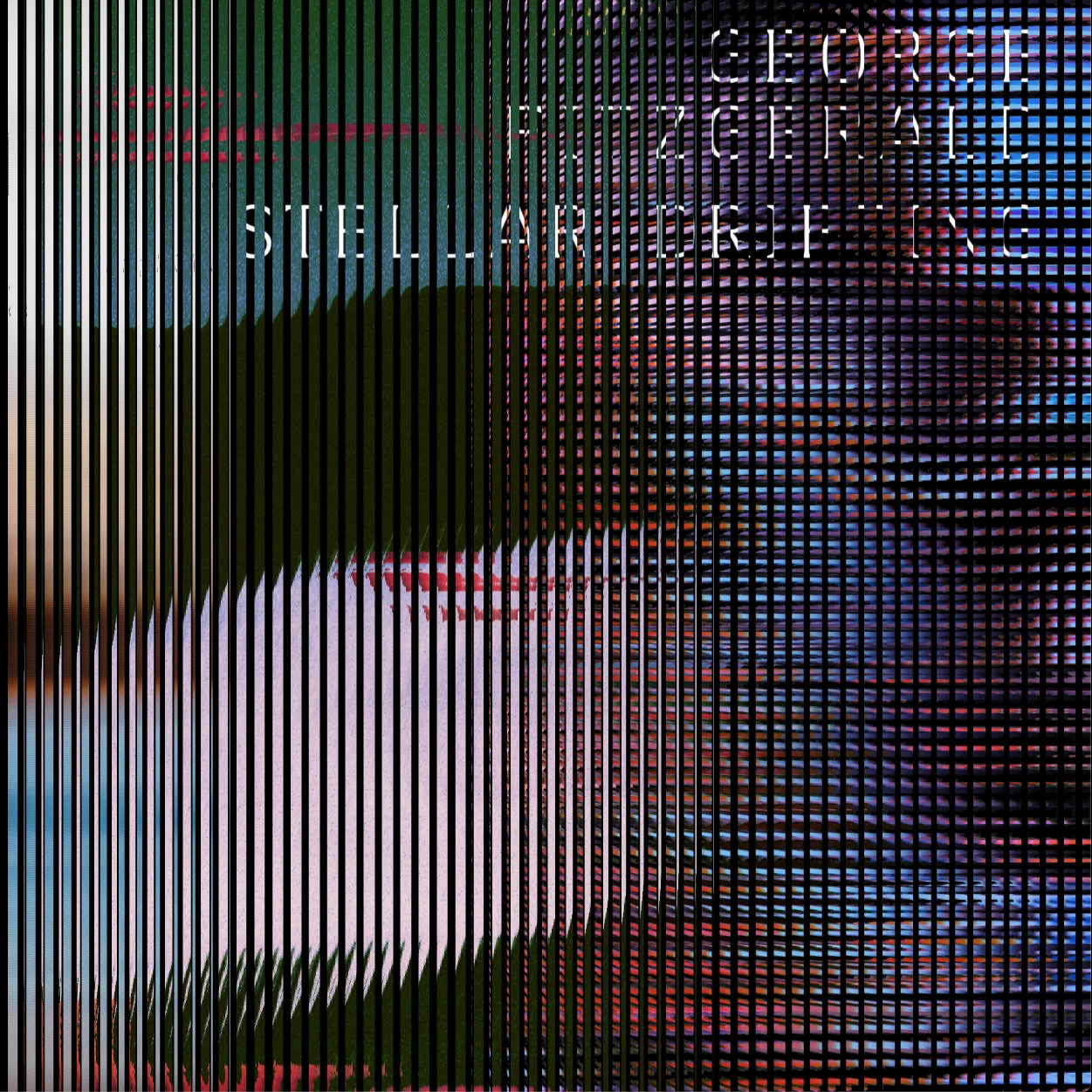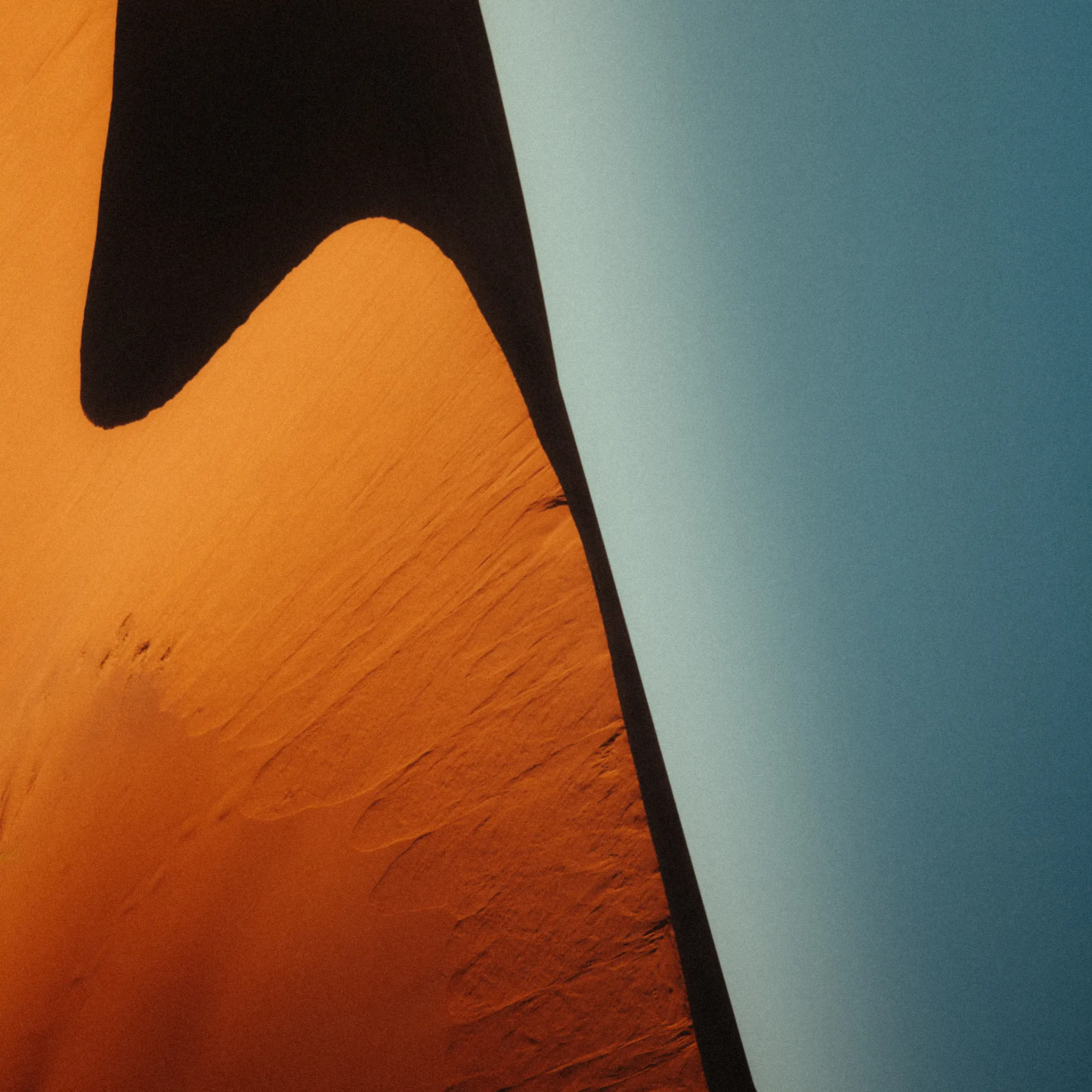
Interview George FitzGerald: “It’s not about playing hits after fucking hits”
This Double Six-signed producer has found his place with new LP ‘Fading Love’, avoiding expectation and context. He speaks to Tom Horner.
Flashing onto the scene when it was caught in the throes of a death or a rebirth (depending on who you ask), George Fitzgerald was among Dusky, Hot Since 82, Shadow Child and other UK house converts converting fresh crowds. The scene swelled at the turn of the 2010s, everyone cooler than the Fahrenheit of their burgeoning club, urging forward the house revival toward its garage inflected, pop infected end-point. It was a real merger of the masses.
Most of these sudden stars converged from elsewhere into Deep House, artists of a genre now – sadly – best affiliated with a Hedkandi compilation. Dusky, et al, managed to carve out enough space not to be stifled. The rest have now diverted off to pursue sincerer sounds like Skream, ‘Italo-disco’ 80s forays like Bicep, or Hackman, all of which trying to outlive Julio Bashmore and be deeper than Deep House. The underground has been at the mercy of all the ears trained on it, streaming, and the invitation of the mainstream. ‘Fading Love’ then, is George FitzGerald’s answer, direct in its sentiment and ever aware of cynicism. Brewing along with his emotions in and out the club over 2 years from Ibiza to Berlin, FitzGerald’s debut rises above what has become a mix of charades and tirades.
In reality the album is realer than the alternative, unstuck from those tags that make past sounds adhesive. If we follow the hype and hysteria, it’s a case of form or substance, of commercial or experimental. George has opted out of that, proving it’s a case of acquired taste.
For FitzGerald, instrumental music is “down to the one making it. It’s how they back their work up in the club too - what kind of DJ are they?” This can be put into the context of recent rants from Seth Troxler against the invasion of EDM, the effect of success on institutions like Berghain and a thousand corporate misuses of ‘Rave’ and ‘Dance Culture’. George saw fit to distance himself from the controversy. That said, he sees himself as “100% part of that world Seth Troxler is calling back to, it is where I came from growing up.” The question is “do you go out and play the obvious, or do you show people what they haven’t heard and should... It’s not about playing hits after fucking hits. When people come to see me if they want to hear X track off my album, and it doesn’t fit in the mix and with what I want to present to them, then I won’t play it.”
Moving from Aus Music to Hypercolour, George FitzGerald had traced what has become in ways a typical path among figureheads of the underground. At least, it would have been if he had not switched to Double Six records for his last release, and since diverged over a near two year silence with his own Man Make Music roster. On Double Six, ‘Magnetic’ faced the same themes as ‘Fading Love’ as if still thumping still from within the club. The constancy makes the change more coaxing.
George has wanted to cement his musicality outside the club, to reach the “traditional Domino listener”, helped by indie vocalists Boxed In and Lawrence Hart: “The difficult thing is that I was still DJ’ing, but trying to not let other people’s music by osmosis drift into mine, or the micro genre concerns knock me off course.” The album is like an artist becoming a technician, while also finding their inner artist. A recent Jon Hopkins remix is a sign of this change crossing over to club, too.
His Radio 1 Residency has – not coincidentally – found George billed on the night with Hopkins, and recent mixes find album tracks neatly out of niche aside Simian Mobile Disco, Barnt, or Marquis Hawkes. It is this league, not club circuit, the album should then sit within. Pulling him out of his self-referential ‘Fading Love’, is, as George says, the “loss of love for 4/4 after years of obsession” and the tangle of styles to come from it. To the question of crossover in musical genres he responds energetically, enlightened by the prospect, claiming: “I have really been wanting to make some more broken music - I saw myself as part of that early on, without jumping on any bandwagons.” The UK scene may resurge as its own again yet, with “less and less of ripping off American sounds.”
As for the album, there is a question as to where it stands in its world, because it certainly doesn’t stand alone. In his words: “I don’t really think this album fits in perfectly in the narrative, I came out of post-Dubstep, and this is certainly not Hardcore Continuum for one. When I was writing the album I just wanted to get back to when vocal house wasn’t off of a conveyor belt, or a 90s remake.” It needs to be both resonant and visceral, for which George “listened to - when it worked - Leftfield and Factory Records stuff - which led me to pick the styles I picked.” That happens here, in a very personal way; in a way that suggests it has been an exploratory release to be followed up with something bigger.
Photos: Steve Gullick. George FitzGerald's 'Fading Love' is out now on Double Six.
Read More

George FitzGerald remixes Foals’ huge single ‘Exits’
The Domino-signed producer gives the song a totally different feel.
7th March 2019, 12:00am

George FitzGerald shares ‘Call It Love (If You Want To)’, featuring Lawrence Hart
Track premiered as Annie Mac’s ‘Hottest Record’ on Radio 1 last night.
23rd April 2015, 12:00am

George FitzGerald airs new track and video for ‘Crystallise’
Lawrence Hart features on vocals for the new single from FitzGerald’s debut album ‘Fading Love’.
20th April 2015, 12:00am

George FitzGerald announces debut album ‘Fading Love’
Producer shares ‘Full Circle’ single featuring Boxed In vocalist Oli Bayston.
26th February 2015, 12:00am
With Bob Vylan, St Vincent, girl in red, Lizzy McAlpine and more.


